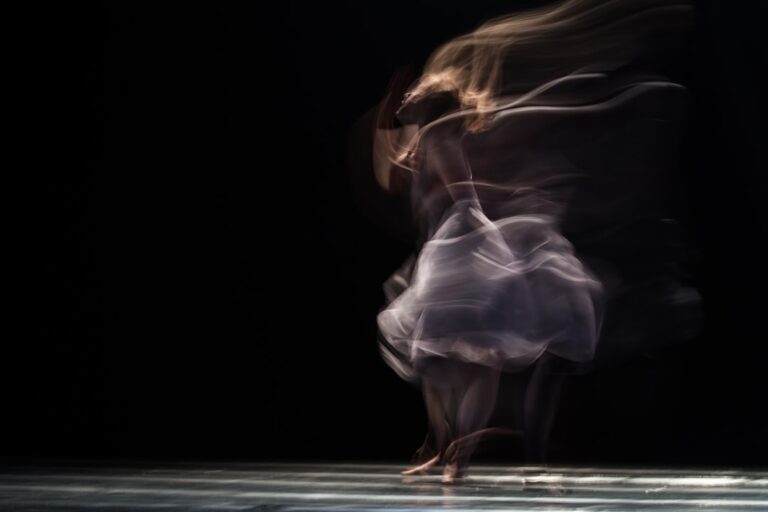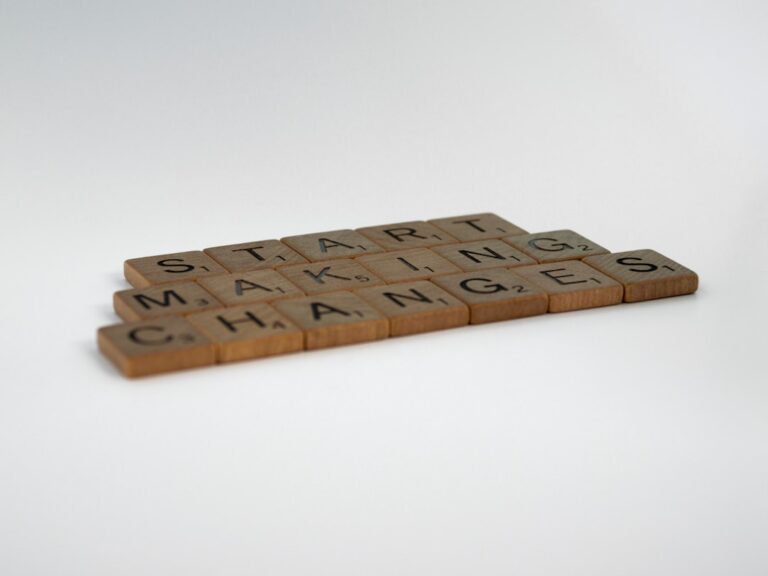
Do you ever feel like you’re just going through the motions, knowing there’s a deeper version of you waiting to emerge? It’s a common feeling, this yearning for more meaning, for a clearer sense of who we are and what truly drives us. We all face challenges, distractions, and habits that can cloud our path to self-discovery. But the good news is, you can start peeling back those layers today.
For a long time, I lived on autopilot. I battled gaming addiction, binge eating, drinking, and a general sense of laziness. I knew I needed a change, but felt trapped in a cycle. It was only by intentionally seeking to understand myself better—my triggers, my desires, my true purpose—that I began to break free. This journey isn't a straight line. It’s filled with learning, growing, and constant rediscovery. If you're ready to look inward and understand yourself more profoundly, here are 15 simple, practical ways to start.
1. Keep a Reflective Journal
Grab a notebook and a pen. Write down your thoughts, feelings, and observations without judgment. This isn't about perfect grammar or profound insights. It’s about getting what’s in your head onto paper. You’ll be amazed at the patterns and truths you uncover just by seeing your thoughts laid out. I started doing this years ago, and it became a powerful tool to understand my own struggles with unhealthy habits.
2. Ask "Why?" (Again and Again)
When you feel a strong emotion, or have a default reaction, ask yourself "Why?" three to five times. For example, "Why do I feel anxious?" "Because I have a big project due." "Why does that make me anxious?" "Because I fear failure." "Why do I fear failure?" Keep digging. This helps you get past surface-level feelings to their root causes.
3. Observe Your Habits
Pay close attention to your daily routines. What do you do automatically? How do you spend your free time? When you feel tired, what’s your first instinct? For me, recognizing my automatic reach for video games or unhealthy snacks was the first step toward changing those patterns. Observation is not judgment; it's simply gathering data about yourself.
4. Define Your Core Values
What truly matters to you? Is it integrity, family, service, learning, faith, or something else? List five to seven words that describe your non-negotiables. When you know your values, making decisions becomes clearer. You can check if your actions align with what you hold dear.
5. Embrace Silence and Solitude
In our noisy world, true quiet time is rare. Find a quiet place, turn off distractions, and just be. Don’t try to think or solve problems. Just exist in the moment. This helps you hear your inner voice, which often gets drowned out by external noise. It's not about emptying your mind, but about allowing your mind to settle.
6. Seek Wise Counsel
Talk to people you trust and respect—a close friend, a family member, a spiritual father, or a mentor. Share your thoughts and ask for their honest perspective. Sometimes, an outside view helps us see things we miss in ourselves. During my journey away from addictions, speaking with trusted elders in my church offered guidance and accountability I desperately needed.
7. Step Outside Your Comfort Zone
Do something new and slightly uncomfortable. Try a new skill, visit an unfamiliar place, or strike up a conversation with a stranger. Discomfort reveals your strengths and weaknesses. It shows you what you're capable of when pushed.
8. Practice Daily Gratitude
Each day, think of three things you are genuinely grateful for. You can write them in your journal or just say them aloud. This simple practice shifts your focus from what you lack to what you have, fostering a more positive outlook and helping you appreciate the simple blessings in life. I make this part of my morning routine, and it really changes my perspective.
9. Set Intentional Goals
Don't just drift through life. Decide what you want to achieve, big or small, and why. Setting goals, like my journey to lose over 110 pounds, forced me to define what I wanted and what steps I needed to take. The "why" behind your goals often reveals deeper desires and values.
10. Celebrate Small Victories
Self-discovery isn’t about one grand revelation. It’s a series of small breakthroughs. When you make a positive change, no matter how tiny, acknowledge it. This builds momentum and teaches you that you are capable of change. Every pound lost, every day I stuck to my routine, every time I chose healthy food over binging, I celebrated. These small wins added up.
11. Read Inspiring Lives
Read biographies or stories of people who have lived lives of purpose and integrity. For me, studying the lives of saints and holy people, especially within my Orthodox Christian tradition, provides incredible examples of virtue, resilience, and unwavering faith. Their struggles and triumphs offer profound insights into the human spirit and our potential for growth.
12. Connect with Nature
Spend time outdoors. Walk in a park, sit by a lake, or simply observe the trees. Nature has a way of grounding us, reminding us of our place in something much larger than ourselves. It clears the mind and fosters a sense of peace, which can be a fertile ground for self-reflection.
13. Serve Others
Look for ways to help people around you without expecting anything in return. When you focus on others' needs, you often gain perspective on your own. Service pulls you out of self-absorption and connects you to the broader human experience, revealing your capacity for compassion and love.
14. Forgive Yourself (and Others)
Holding onto past mistakes or resentments can weigh you down. Acknowledge what happened, learn from it, and then choose to let it go. Forgiving yourself for past failures—like my battles with addiction and laziness—was a crucial step in moving forward. It’s not about condoning the action, but about freeing yourself from its power.
15. Deepen Your Faith Through Prayer and Scripture
For me, strengthening my Orthodox Christian faith has been the most profound path to self-discovery and purpose. Daily prayer, regular church attendance, and reading the Holy Scriptures connect me to something far greater than myself. This relationship with God provides a moral compass, a source of peace, and a clear understanding of my identity and purpose. It’s not just about rules; it’s about a living, transforming relationship that shapes who I am and why I’m here.
Self-discovery is an ongoing journey, not a destination. It's about showing up for yourself, day after day, with curiosity and courage. Which of these steps will you take today to begin your deeper journey inward?





